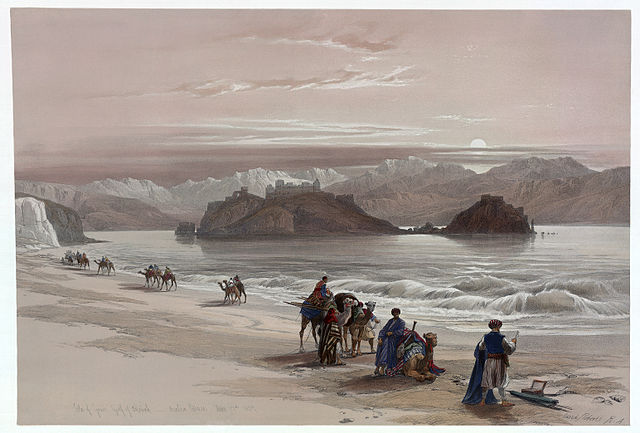Last week I wrote about the basic economic illiteracy behind of Oren Cass’s case for industrial policy. So basic were the mistakes that I thought perhaps I had misread Cass’s argument. Like the villainous Mugatu from the comedy Zoolander I asked myself, “Doesn’t anybody notice this? I feel like I’m taking crazy pills!”
Thankfully the economist Donald Boudreaux, former economics-department chair at George Mason, writing today for AIER has reassured me that Oren Cass’s comparative advantage is not his discussion of comparative advantage:
The minor mistakes include Cass’s claim that most economists, when they theorize about trade, disregard, or at least discount, the fact that comparative advantage is (to use his term) “endogenous.” In fact, however, all competent economists know full well that the pattern of comparative advantage changes frequently and is largely the product of legal, political, social, and economic institutions as well as of individuals’ conscious choices regarding their occupations. While economists typically hold the pattern of comparative advantage “fixed” in order to clearly demonstrate its elementary logic, no competent economist believes that comparative advantage is fixed in the real world, needing only to be “discovered.” Nor does any competent economist insist that comparative advantage is exogenously imposed by nature and impervious to human attempts to alter it.
Boudreaux also points out Cass’s ignorance of the fact that low wages reflect low productivity:
Manufacturers operate in low-wage countries not because they can exploit workers there, but because those workers – having worse alternatives than those available to workers in the U.S. and other high-wage countries – have a comparative advantage at performing low-value-added manufacturing tasks. It’s mysterious why Cass, along with other ‘economic nationalists,’ wish such manufacturing tasks to be performed by Americans, who have comparative advantages at performing much higher value-added tasks and, as a result, are paid much-higher wages. Because Cass mistakenly believes that low wages in “cheap labor” countries reflect, not low productivity, but exploitation, he’s blind to the fact that, were such jobs ‘returned’ to America, almost all Americans who perform those jobs would take substantial pay cuts.
These errors are minor compared with what Boudreaux argues is Cass’s fundamental error:
he completely misses the market’s role at gathering and processing information. This error is revealed when he equates the competitive market to the meanderings of a drunk donkey. In fact, it is no such thing.
Boudreaux’s short piece is well worth reading in its entirety. It illustrates how economic ignorance continues to be a stumbling block to understanding how economic nationalism hurts nations.

